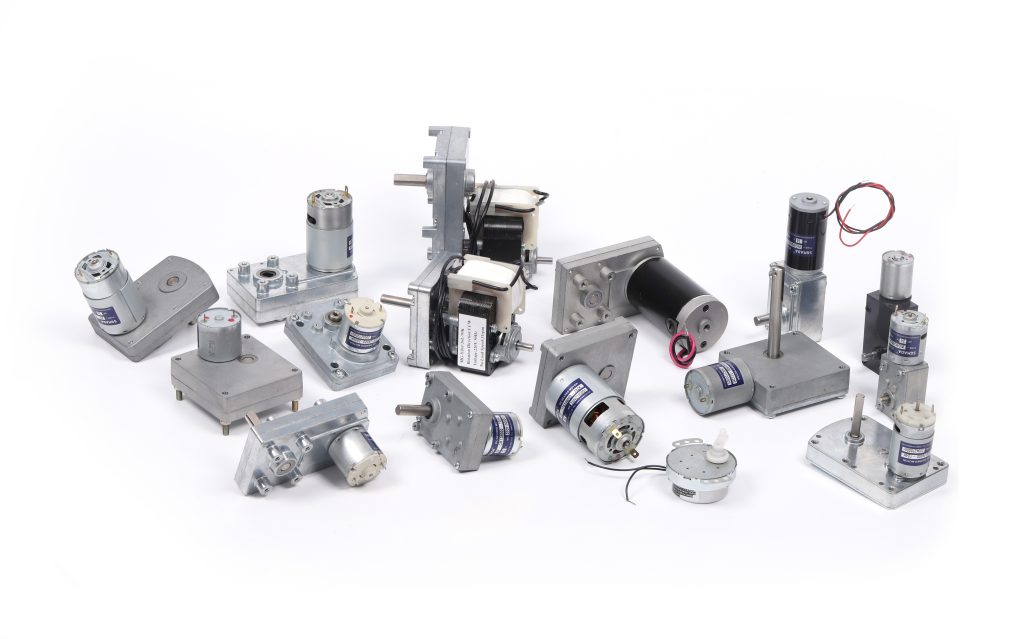Mobile:+86-311-808-126-83
Email:info@ydcastings.com
end cap fitting
Understanding End Cap Fittings A Comprehensive Guide
End cap fittings play a crucial role in various industries, particularly in plumbing, construction, and manufacturing. They serve as essential components for sealing the ends of pipes and tubes, ensuring that systems function efficiently and safely. In this article, we will explore what end cap fittings are, their types, applications, and the materials used in their construction.
What are End Cap Fittings?
End cap fittings are devices designed to cover the open ends of pipes, tubing, or ducts. Their primary function is to create a tight seal to prevent the escape of fluids, gases, or other substances carried within the pipe. By doing so, they help maintain the integrity of the system and prevent contamination. In many applications, end caps are vital for maintaining pressure and ensuring that no unwanted ingress of materials occurs.
Types of End Cap Fittings
There are various types of end cap fittings, each designed for specific applications. The most common types include
1. PVC End Caps These are widely used in plumbing and irrigation systems due to their affordability and resistance to corrosion. PVC end caps are lightweight and easy to install, making them a popular choice for both residential and commercial projects.
2. Metal End Caps Typically made from materials such as stainless steel, aluminum, or brass, metal end caps are favored in high-pressure applications where durability and resistance to extreme temperatures are necessary. They are commonly used in industrial settings and piping systems that transport hot liquids or gases.
3. Rubber End Caps Primarily used in applications where flexibility is crucial, rubber end caps can conform to irregular shapes and provide a secure seal. They are often utilized in automotive and manufacturing sectors.
4. Plastic End Caps These fittings come in various types of plastic, such as polyethylene or polypropylene. Plastic end caps are lightweight and resistant to various chemicals, making them ideal for use in laboratories and chemical processing facilities.
Applications of End Cap Fittings
End cap fittings are utilized in a multitude of applications across various industries. Some common usages include
end cap fitting

- Construction and Plumbing End caps are commonly employed in plumbing systems to seal the ends of pipes and prevent leaks. They are essential in maintaining pressure within the system and ensuring that no contaminants enter the water supply.
- Manufacturing In manufacturing processes, end caps protect open pipe ends and facilitate easier transportation and storage of materials. They prevent debris from entering the pipes during production and shipping.
- HVAC Systems Heating, ventilation, and air conditioning (HVAC) systems often incorporate end cap fittings to seal ducts and piping, ensuring that air flow is efficient and uncontaminated.
- Automotive In automotive applications, end caps are used to close off exhaust systems and fuel lines, ensuring that the systems operate safely and efficiently.
Material Considerations
The choice of material for an end cap fitting is crucial and largely depends on the specific application. Factors such as temperature, pressure, and the substances involved dictate the material selection.
- Corrosion Resistance In environments where chemicals may come into contact with the fittings, materials like stainless steel or specific plastics that resist corrosion should be used.
- Temperature Tolerance If the end cap will be exposed to high temperatures, metals may be preferred over plastics, as many plastics have temperature limits that can lead to deformation or failure.
- Pressure Ratings The pressure that end caps need to withstand is another vital consideration. Heavy-duty metal end caps are typically used in high-pressure applications, while lighter materials may suffice for low-pressure applications.
Conclusion
End cap fittings are vital components in a variety of systems, and their importance cannot be overstated. With a wide range of materials available, and varying types suited for different applications, it is essential to select the right end cap fitting to meet specific needs. By investing in quality end caps, industries can ensure system integrity, prevent leaks, and maintain optimal performance. Whether in plumbing, manufacturing, or automotive industries, end cap fittings are essential for reliable and efficient operation.
-
Why Should You Invest in Superior Pump Castings for Your Equipment?NewsJun.09,2025
-
Unlock Performance Potential with Stainless Impellers and Aluminum End CapsNewsJun.09,2025
-
Revolutionize Your Machinery with Superior Cast Iron and Aluminum ComponentsNewsJun.09,2025
-
Revolutionize Fluid Dynamics with Premium Pump ComponentsNewsJun.09,2025
-
Optimizing Industrial Systems with Essential Valve ComponentsNewsJun.09,2025
-
Elevate Grid Efficiency with High-Precision Power CastingsNewsJun.09,2025











